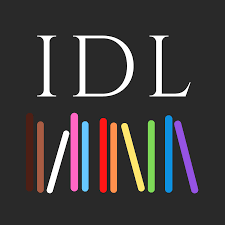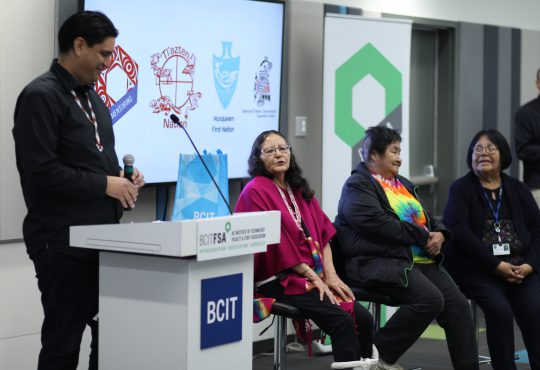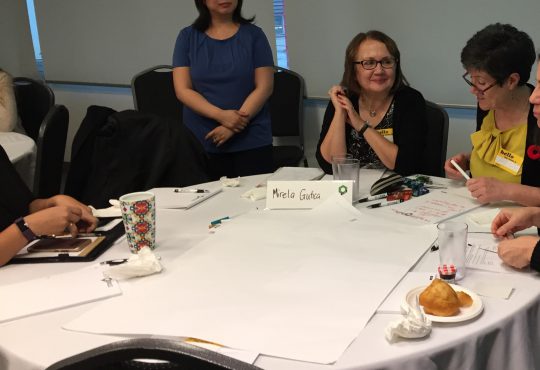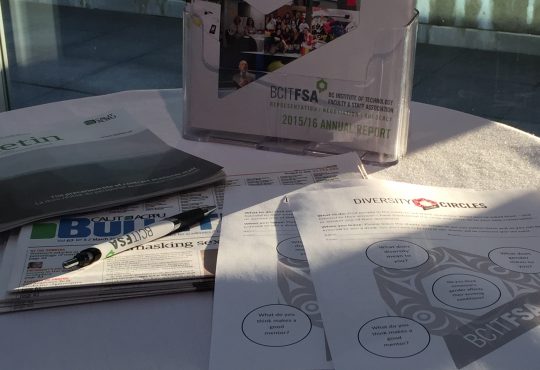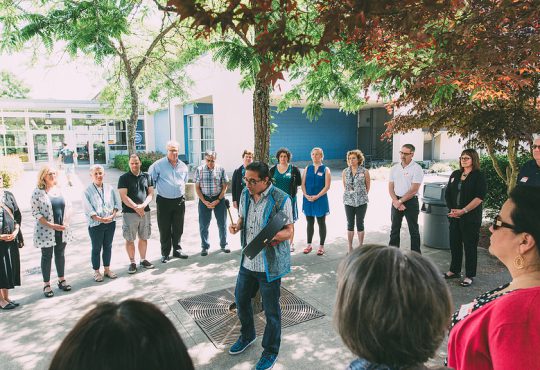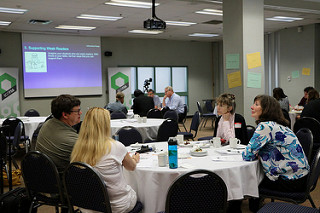ABOUT THIS EVENT
Positionality, Privilege, Power: How to Include Equitable Awareness in our Daily Decisions
What is the relationship between Positionality, Privilege, and Power, and how does it impact our approach when making decisions?
At all levels of education, equitable decision-making begins with a self-reflective process. We can better advocate for and create equitable learning environments when we understand our approach to decision-making, and how individual or collective bias impacts how we engage equity everyday.
This workshop introduces participants to these 3 P’s that inform our relational capacity for equitable decision-making. Through conversation and collaboration, we’ll learn how we can personally and collectively make decisions that benefit marginalized people, communities, and lived experiences in all education environments.
Workshop Presenter
Aisha Kiani (they/she) is a consultant, education designer, literary curator, artist, and founder of I Dream Library. They are among Canada’s emerging leaders in education design, with a focus on intersectional equity for 2SLGBTQQIA+ BIPoC disabled, neurodiverse people and communities. Aisha designs curriculum and evaluation frameworks used by individuals, teams, and organizations across the public and private sectors. With I Dream Library, they serve a broad spectrum of clients and commissions including publishers, galleries, school districts, and post secondary institutions.
Registration
Register below. This is an in-person event.
ASL interpretation will be provided. Please let us know if you have any additional needs to participate. This session is open to all members of the BCIT student, staff, faculty, and internal partner (e.g. student association, alumni association) community.
Expectations for Behaviour
Diversity Circles, as part of the BCIT Respect, Diversity, and Inclusion (RDI) Office, has outlined the Expectations for Behaviour for our events and initiatives.
Diversity Circles has always benefitted from the empathy, sincerity, and respectful curiosity of our community, and this has helped create events and initiatives where we hold productive and authentic discussions, advancing our knowledge and utilization of equity, diversity, and inclusion principles.
As our events and initiatives continue to reach out to diverse audiences which include BCIT employees, students, and partners (BCIT Student Association, BCIT Alumni Association, and industry guests), and as we have moved towards presenting events both in person and via teleconferencing platforms, we realize that having a set of expectations for behaviour will help maintain the accountable, respectful spaces our community has come to expect from Diversity Circles events and initiatives.
Please take the time to review our Expectations for Behaviour prior to your upcoming participation.
